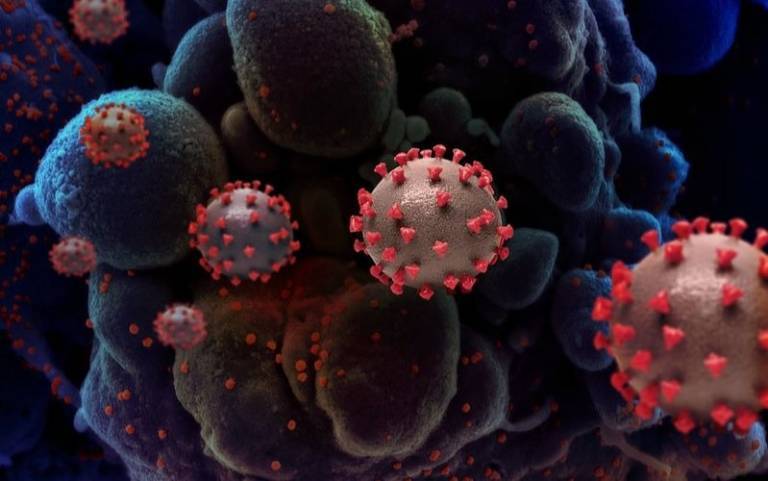UCL play key research role in COVID-19 Human Challenge Study
21 October 2020
Scientists across UCL will play a key role in the world’s first human challenge study of the SARS-CoV-2 virus, providing new insight into the body’s immune response and finding out which vaccines are likely to work.

The COVID-19 Human Challenge Programme, funded through the UK Government’s Vaccines Taskforce, is being run in partnership with Imperial College London, the Department for Business, Energy & Industrial Strategy (BEIS), hVIVO, a leading clinical company with expertise in viral human challenge models, and the Royal Free London NHS Foundation Trust.
The first phase of the trial, known as a virus characterisation study, will explore the feasibility of exposing healthy volunteers to the SARS-CoV-2 coronavirus. Initially, the main aim will be to discover the smallest amount of virus it takes to cause a person to develop asymptomatic or mild COVID-19.
The study will recruit healthy volunteers aged between 18 and 30 with no previous history of COVID-19, no underlying health conditions and no known adverse risk factors for COVID-19, such as heart disease, diabetes or obesity.
Once the initial phase is complete, clinical researchers will use this human challenge model to study how different vaccines work in the body to stop or prevent COVID-19 and test potential treatments.
Manufacturing the virus
In readiness for the study, a team led by Professor Judith Breuer (UCL Pathogen Genomics Unit (PGU) and UCL GOS Institute of Child Health) has been working with hVivo on the production of the SARS-CoV-2 virus strain that will be used in the planned trial.
Specifically, the UCL PGU has undertaken sequencing of the virus as part of the quality assurance required before the SARS-CoV-2 challenge can be undertaken.
Professor Breuer said: “We at the PGU are delighted to have been involved with hVivo in developing the virus that will be used for the vaccine challenge studies.
“It is critically important work to ensure we know exactly what the virus sequence is. We look forward to collaborating on future research in this important area”
Read the full story on UCL News
Images
Novel Coronavirus SARS-CoV-2, credit NIAID CC by 2.0
 Close
Close

